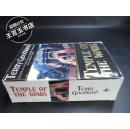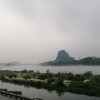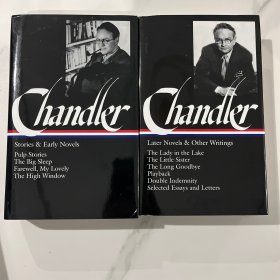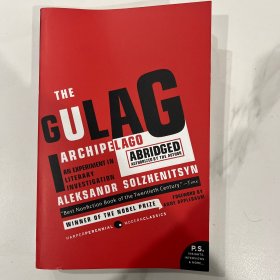
The Temple Of The Golden Pavilion 金阁寺 三岛由纪夫
¥ 125 全新
仅1件
作者Yukio Mishima
出版社Everyman’s Library
年代不详
装帧精装
上书时间2024-12-13
- 在售商品 暂无
- 平均发货时间 35小时
- 好评率 暂无
- 店主推荐
- 最新上架
商品详情
- 品相描述:全新
- 商品描述
-
Generally regarded both in Japan and in the West as his most successful novel, THE TEMPLE OF THE GOLDEN PAVILION brings together all Mishima's preoccupations with violence, desire, religious life and the history of his own nation. Based on actual incident, the burning of a celebrated temple, the novel is both a vivid narrative and a meditation on the state of Japan in the post-war period.
Yukio Mishima (三島 由紀夫 Mishima Yukio?) is the pen name of Kimitake Hiraoka (平岡 公威 Hiraoka Kimitake?, January 14, 1925 – November 25, 1970), a Japanese author, poet, playwright, actor, and film director. Mishima is considered one of the most important Japanese authors of the 20th century. He was considered for the Nobel Prize in Literature in 1968 but the award went to his fellow countryman Yasunari Kawabata. His works include the novels Confessions of a Mask and The Temple of the Golden Pavilion, and the autobiographical essay Sun and Steel. His avant-garde work displayed a blending of modern and traditional aesthetics that broke cultural boundaries, with a focus on sexuality, death, and political change. Mishima was active as a nationalist and founded his own right-wing militia. He is remembered for his ritual suicide by seppuku after a failed coup d'état attempt, known as the "Mishima Incident".
The Mishima Prize was established in 1988 to honor his life and works.
Bio from Wikipedia, the free encyclopedia. Photo by Shirou Aoyama (http://www.bungakukan.or.jp/) [Public domain], via Wikimedia Commons.
相关推荐
-

THE TEMPLE OF OPTIMISM
九五品衡水
¥ 55.00
-

The Temple Of Flora
九五品漳州
¥ 13800.00
-

TEMPLE OF THE WINDS
九品北京
¥ 128.00
-

TEMPLE OF THE WINDS
九品上海
¥ 55.00
-

The Temple of My Familiar
八品大连
¥ 30.00
-

THE TEMPLE OF COSTLY EXPERIENCE
八品昆明
¥ 50.00
-

The Outer Temple of Witchcraft
九品北京
¥ 230.00
-

the temple of wealth creation
九品上海
¥ 168.00
-

Temple Of balance the book
九品杭州
¥ 62.00
-

The Temple of My Familiar
八五品衡水
¥ 28.00
— 没有更多了 —

























以下为对购买帮助不大的评价